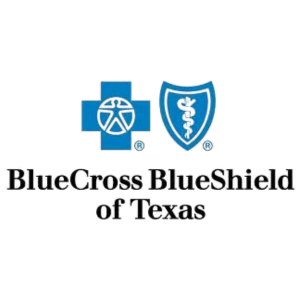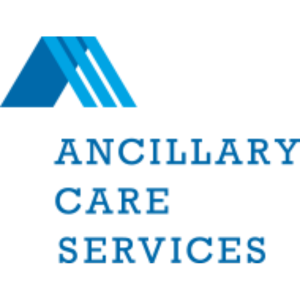After completing 75 consecutive days of treatment at Eating Disorder Solutions, if you experience a significant setback you can receive an additional 75 consecutive days of treatment at no cost.
Tori's Eating Disorder Recovery Story
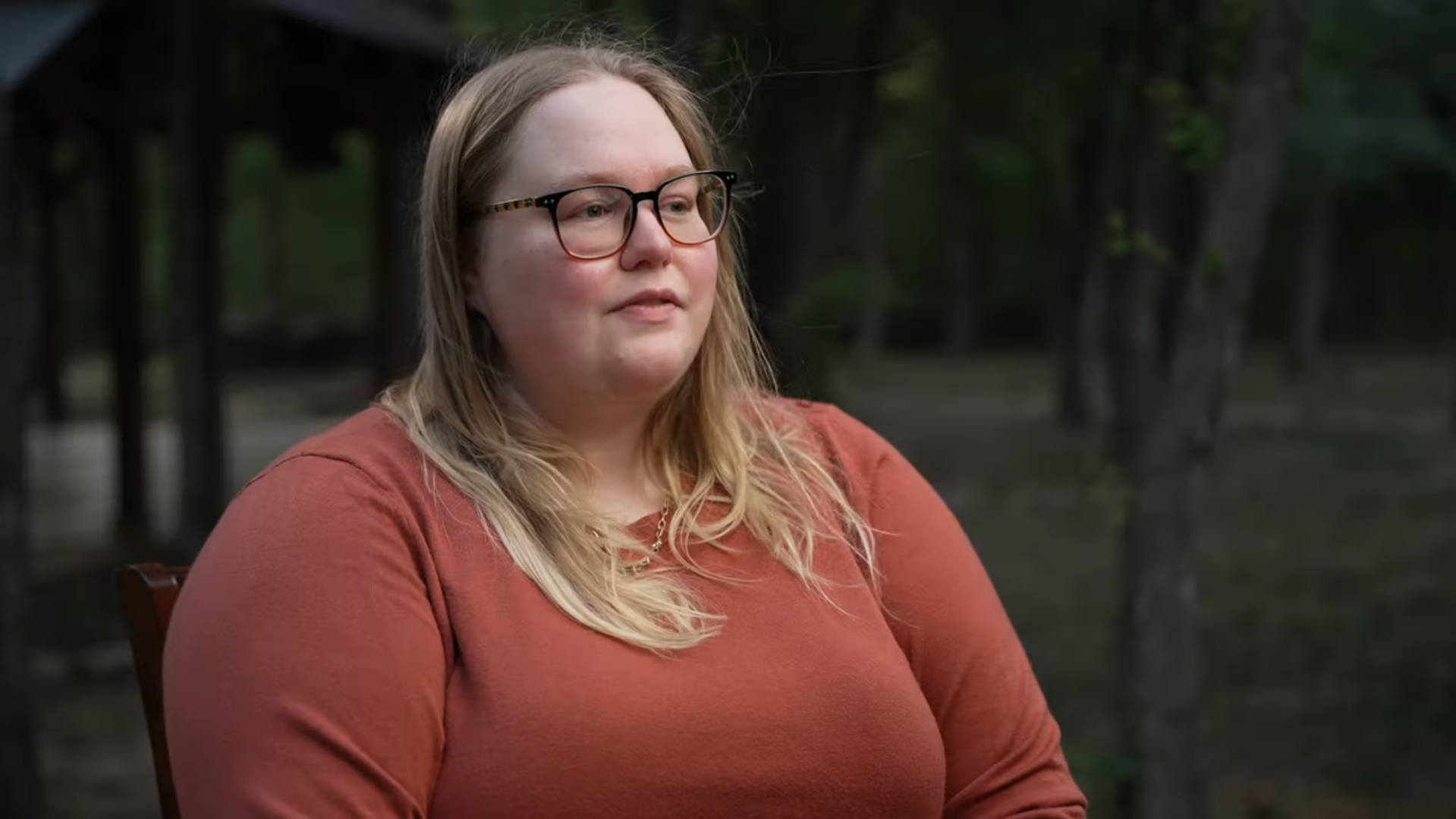
Tori struggled with an eating disorder since she was 16, though she wasn’t diagnosed until age 19. For the next 10 years, she was in and out of therapy and PHP treatment at various places but eventually realized that she needed a higher level of support.
At that point, Tori was in a dark place mentally and still struggling with her eating disorder. She was staying with her parents because she was scared to be alone and terrified of losing the job that represented her self worth. Worried about what could happen if she didn’t seek more intensive help, Tori contacted Eating Disorder Solutions at the recommendation of her therapist. Having experienced trauma, one of the reasons she chose EDS was because the treatment team is trauma-informed and experienced in treating many other co-occurring disorders.
Though it was initially overwhelming to go into a more intensive environment, she immediately met people on the staff who she knew she could trust, were responsive to her needs, and listened to her. Instead of feeling clinical or like she was just a number, it felt very personal and she was able to talk about issues she was having or changes that she thought could be made.
“The team treated me like an adult who had a voice in the process, not someone who needed to be parented.”
Eating disorders are hard to diagnose and hard to treat because everybody is different, with different facets to their diagnosis. Having been in treatment before, finding a place that would work specifically with her needs was very important to Tori — and she felt like EDS really did that.
“Sometimes when you’ve done a lot of therapy in your life, you tend to know how it works, you know the language.” In the past, Tori was able to skate by, putting on a good face to show the doctors that she was getting better. By contrast, the non-institutional, personalized approach at EDS allowed her to experience things similar to the real world but in a safe place, which made a difference. It allowed her to be herself and connect with other people while being messy and human — not feeling like she had to do everything by the book.
Tori’s family has always been supportive of her treatment and mental health, and she has a great group of friends who she’s known for a long time. All participated in family therapy alongside her, which she found to be wonderful, informative and helpful. But she says “No matter how good and supportive and loving a family you have, they can’t give you what a professional can. They can’t give you what a dietitian, therapist, or group therapy can give you because they’ll never be impartial. They’ll never be able to see outside of their relationship that they have with you. I think it’s also important because mental health struggles can put a strain on relationships in both directions, and I think it’s important to not pin your mental health on someone in your personal life. It’s really important to have people outside of that who can help you and guide you so you don’t run into that issue.
One of the things that I think is always hard when you go into treatment is that you feel like I’m not as sick as other people, or I don’t deserve to be here, or I’m not in the right place. I would say if you’re considering it, then you are in the right place. It’s OK to be scared, it’s OK to be angry, and go in and not be the perfect patient and not do everything that everybody tells you to do.
I’ve had body image issues and negative associations with food and my body my entire life. It didn’t evolve into what would be considered an eating disorder until I was a teenager. From there I feel like I would get a handle on one aspect of it and then it would pop up in a different way. I think that happens really frequently. You start out with your eating disorder being one kind of behavior, and then all of a sudden it’s ten other behaviors that you didn’t even realize were associated with it. There are things that don’t even have to be about food or your body specifically that can be eating disorder behaviors. It’s a condition about control. When you can’t have control over aspects of your life, you turn to food, you turn to your body, but you also turn to other aspects of your life and your mental health. For me, it definitely evolved. It changed — I’ve been diagnosed for 10 years. Sometimes new behaviors pop up. Things happen, and it’s why you have to keep doing the work.
It’s so important to reach out for support, especially when it feels hardest to do that. I shed a lot of tears going into treatment and making that decision and putting things in my life on hold, and I would say that it’s worth it. You can find people who will help you and make this work.
Life before seeking treatment and getting the help I needed felt terrifying. Every day was another task that I could fail, another way in which I could be wrong, or not enough, or too much. Every interaction I had with friends and family felt scary, felt like is this the day they’re going to say you’re not OK and you need to get help, or is this going to be the day where they abandon me? A lot of that is because I didn’t have any self-acceptance, or assurance, or confidence, or compassion. After treatment, it doesn’t feel like that anymore. It feels like I have enough understanding of who I am and what I want that I don’t constantly feel terrified that some outside force is going to tell me that I’m wrong, that I’m not enough. And I realize that outside force was me telling myself that. There are days when it’s harder than others, but I have ways to handle it and ways to deal with it so it doesn’t feel like I’m spinning out of control all the time. Or when things do feel out of control, it doesn’t feel like this is never going to end. I have ways of self-soothing. I have ways of using skills that I learned in treatment. So even on those days when it’s hard, it’s manageable, which it wasn’t before. I still have bad days, I still have struggles. I don’t do everything perfectly, and that’s part of it. I think that’s something I didn’t get before. I didn’t understand before that recovery doesn’t look like you’re done and you’re fixed and everything is fine. It looks like doing your best and that being OK, and knowing that you’re enough. I don’t hate myself the same way I used to, and EDS is a big part of that, of being able to see what my strengths are and why people would want to be around me and be my friend. It feels like a relief in a lot of ways, because I think those expectations I had for myself EDS allowed me to see were expectations that no one can reach. I think that part of having an eating disorder is having these unrealistic goals and expectations that you can never actually grasp. So it feels a lot less scary to live my life without those expectations looming over me.
I know that if I could have snapped my fingers and made all those thoughts go away, and made all those feelings about myself go away, I would have done it. It’s so important to recognize that a lot of times when you don’t want to seek help, it’s because you’re blaming yourself and it’s not your fault. If this was something you could change, you would have done it already. And that’s why you need people outside of you. Everybody involved in my treatment expressed support and wanted me to know that I could reach out to them if I ever needed help again. Some of the professionals who I saw at the treatment center I’m now seeing outpatient, and there was never any shame or judgment surrounding that – it was always if you ever need help or if you ever need anything, we’re here for you.
Going into treatment I got a leave of absence from work. I had 90 days and said OK, if things aren’t better in 90 days, that’s it. And I didn’t have a lot of hope that things were going to be better in 90 days. I went in feeling like therapy has never worked for me long-term before. There’s no way that this is going to be any different. This is just me escaping and me running away from my life, and I was incredibly wrong. I know that sometimes it takes time for things to really click for you, but I also think it takes the right environment and the right people. EDS is a place that wasn’t what I was expecting from a treatment center, and it was exactly what I needed. It was a level of understanding and care and acceptance that I hadn’t gotten before, and I’ve been in therapy since I was eight years old. When you have that feeling of nothing can help me, I’ve tried everything and nothing works, it’s so hard when you’re in that spot. There are so many people in this world and so many opinions and methodologies, there absolutely is a place that can help you. There is no condition that is too intense or too far gone to get help, to find the care that you need. I think EDS does a really great job of figuring out specifically what you need.”
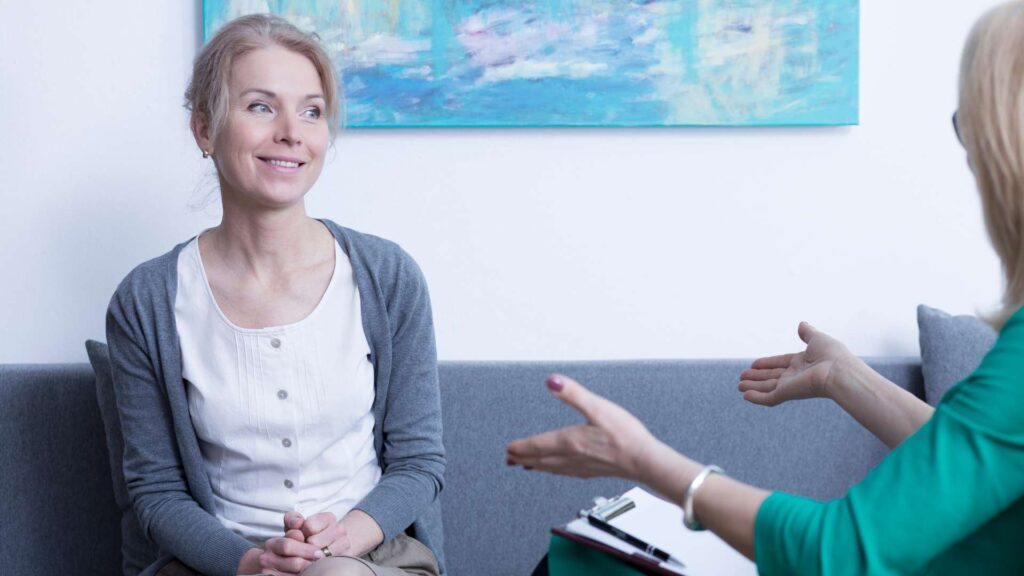
Anorexia Nervosa Treatment
Our anorexia nervosa treatment focuses on restoring healthy eating habits and addressing underlying psychological issues. Individual therapy, nutritional counseling, and medical monitoring are integrated to support clients in achieving a balanced relationship with food and body image.

Bulimia Nervosa Treatment
Bulimia treatment aims to break the binge-purge cycle by addressing the emotional triggers and behaviors associated with bulimia. Therapy and nutritional support help clients develop healthier coping mechanisms and improve their relationship with food.
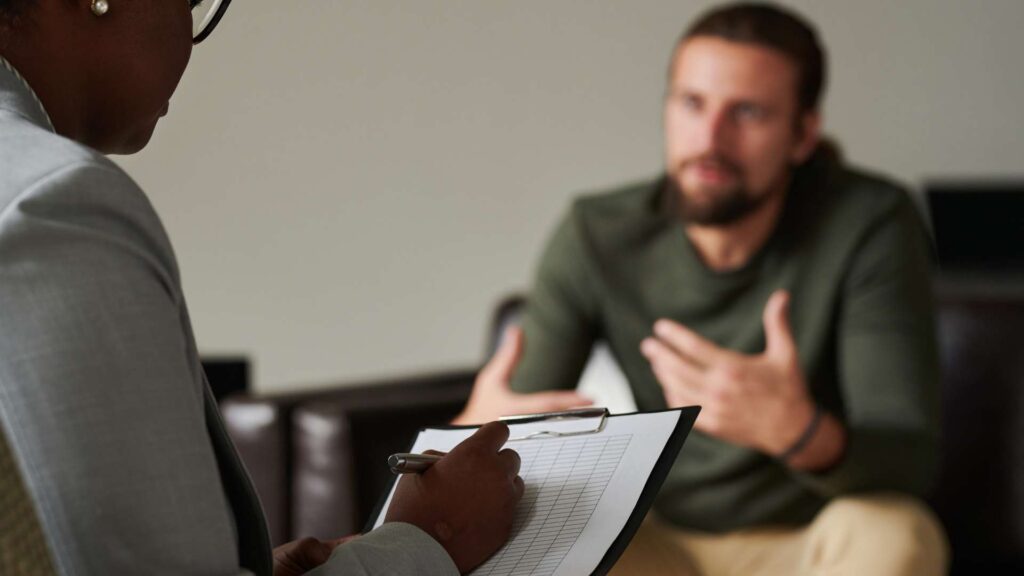
Binge Eating Disorder Treatment
Our binge eating disorder treatment program focuses on managing the emotional factors that lead to overeating. Clients receive therapy and nutritional guidance to develop healthier eating habits and gain control over their eating behaviors.
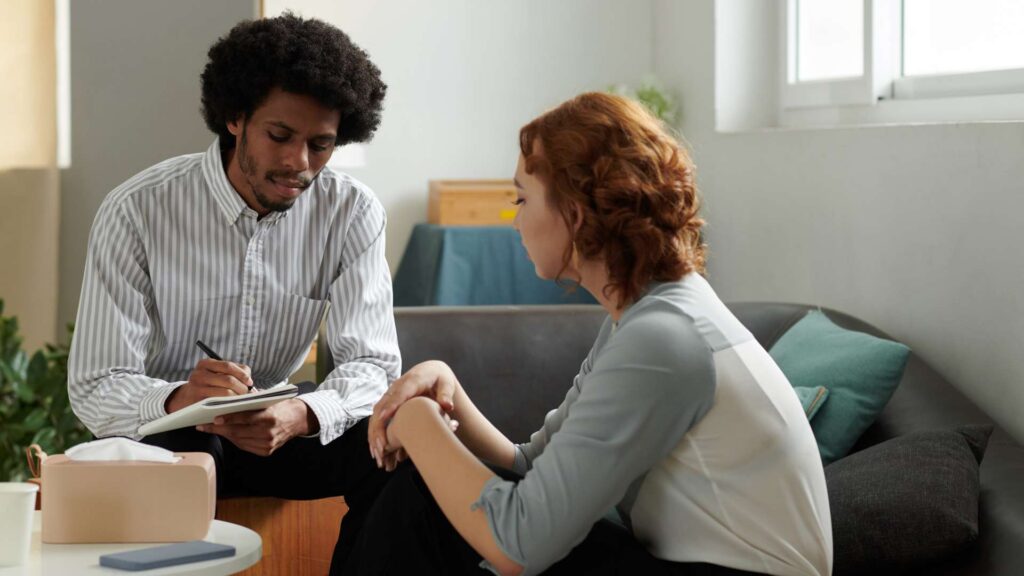
Body Dysmorphia Treatment
Body dysmorphia treatment helps clients challenge distorted perceptions of their body image. Through specialized therapy, clients learn to develop a more realistic and positive view of their appearance, reducing obsession and anxiety.

ARFID Treatment
Treatment for Avoidant/Restrictive Food Intake Disorder (ARFID) focuses on expanding dietary variety and reducing food avoidance behaviors. Our program uses therapeutic interventions tailored to the individual’s needs to promote nutritional health.

OSFED Treatment
Other Specified Feeding or Eating Disorders (OSFED) are treated with customized care plans that address their unique symptoms. Our program provides therapy and support to help clients develop a healthy relationship with food.

UFED Treatment
For Unspecified Feeding or Eating Disorders (UFED), we offer personalized therapy that meets each client’s specific needs, promoting recovery and overall well-being.

Orthorexia Treatment
Orthorexia treatment focuses on reducing the obsession with “perfect” eating. Our approach helps clients develop a balanced relationship with food, emphasizing health without rigid dietary rules.
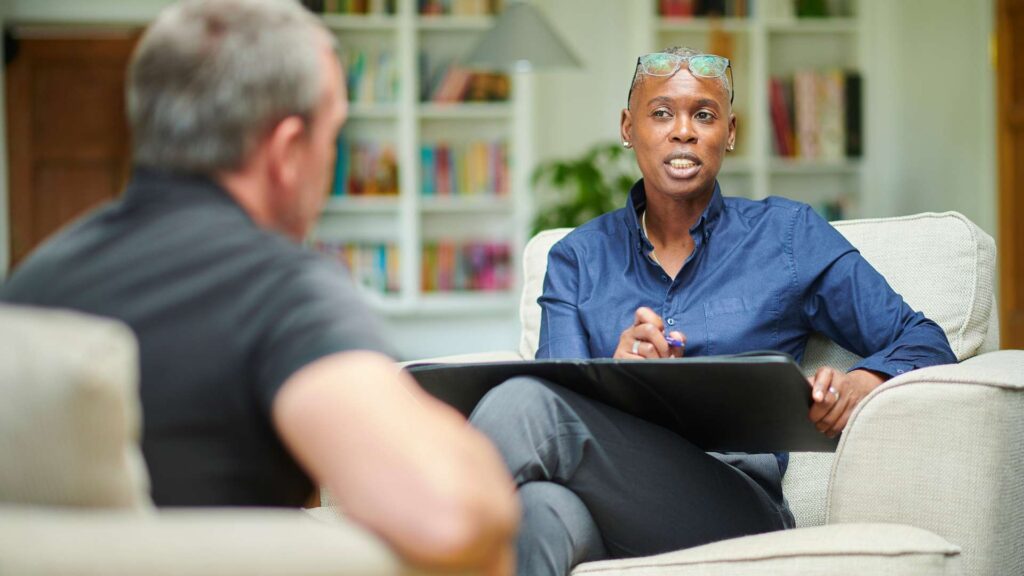
Compulsive Overeating Treatment
Our treatment for compulsive overeating targets the emotional triggers that lead to overeating. Clients learn to manage these triggers through therapy and nutritional counseling and adopt healthier eating patterns.

Co-Occurring Disorder Treatment
We provide integrated care for clients with eating disorders and co-occurring mental health conditions. This comprehensive approach ensures that all aspects of a client’s well-being are addressed, supporting recovery and overall mental health.
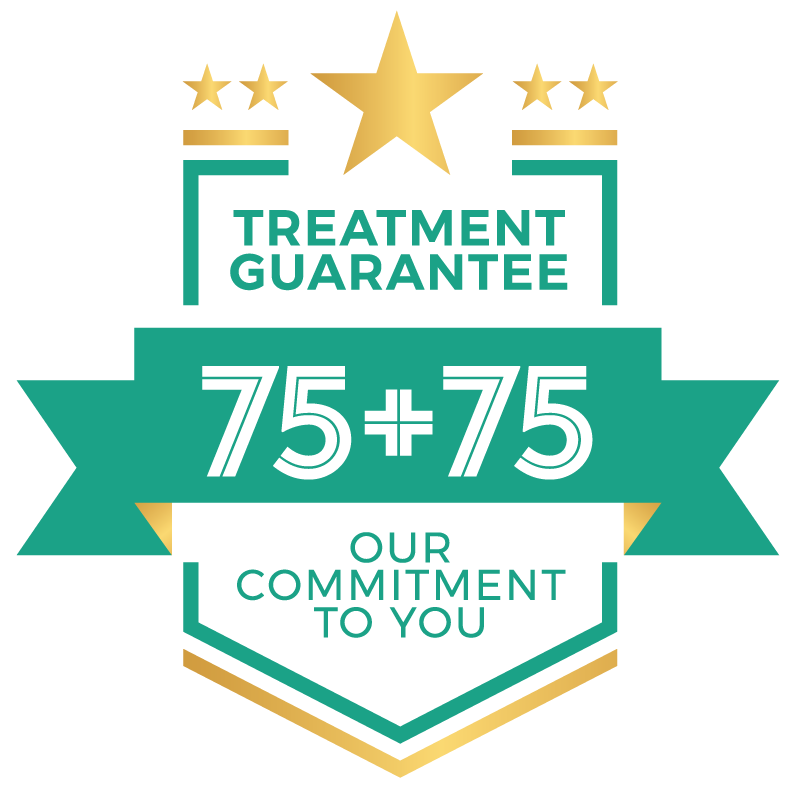
We’re Here to Help
Eating Disorder Solutions offers personalized residential and outpatient eating disorder treatment in the Dallas, TX area. We provide treatment with integrity, promoting holistic approaches that heal the mind, body, and soul. If you’re ready to begin your recovery journey, call us now at 855-808-4213 or complete the form.
What Sets Us Apart
- Personalized Treatment
- Licensed Specialists
- Same-Day Intake
- Flexible Scheduling
- Evidence-Based Therapies
- Long-Term Recovery
Request A Call
Fill out the form below, and we’ll contact you shortly.

Adults of All Ages
We treat adults across all life stages, from young professionals to those in midlife or retirement. Some have battled OSFED since adolescence, while others develop symptoms later in life due to stress, health changes, or personal loss.

College Students
College life can increase OSFED risk, with pressures from academics, social comparison, and irregular eating patterns. We help students develop balanced routines, manage campus triggers, and build coping strategies for dining halls, parties, and late-night study sessions.

LGBTQ+ Individuals
We provide affirming, culturally sensitive care for LGBTQ+ clients, recognizing the unique impact of stigma, body image pressures, or gender dysphoria. Our team creates a safe space where clients can explore identity issues and learn healthier ways to cope without relying on disordered eating.

Athletes
Athletes may develop OSFED due to weight pressures, performance demands, or rigid training routines. Our sports-informed team helps clients balance proper nutrition with athletic goals while addressing perfectionism and identity tied to sport.

Working Professionals
High-pressure careers can fuel disordered eating patterns like skipping meals, nighttime overeating, or extreme dieting. We offer flexible in-person and virtual OSFED treatment options to fit around busy work schedules and professional demands.
Most Insurances Accepted
